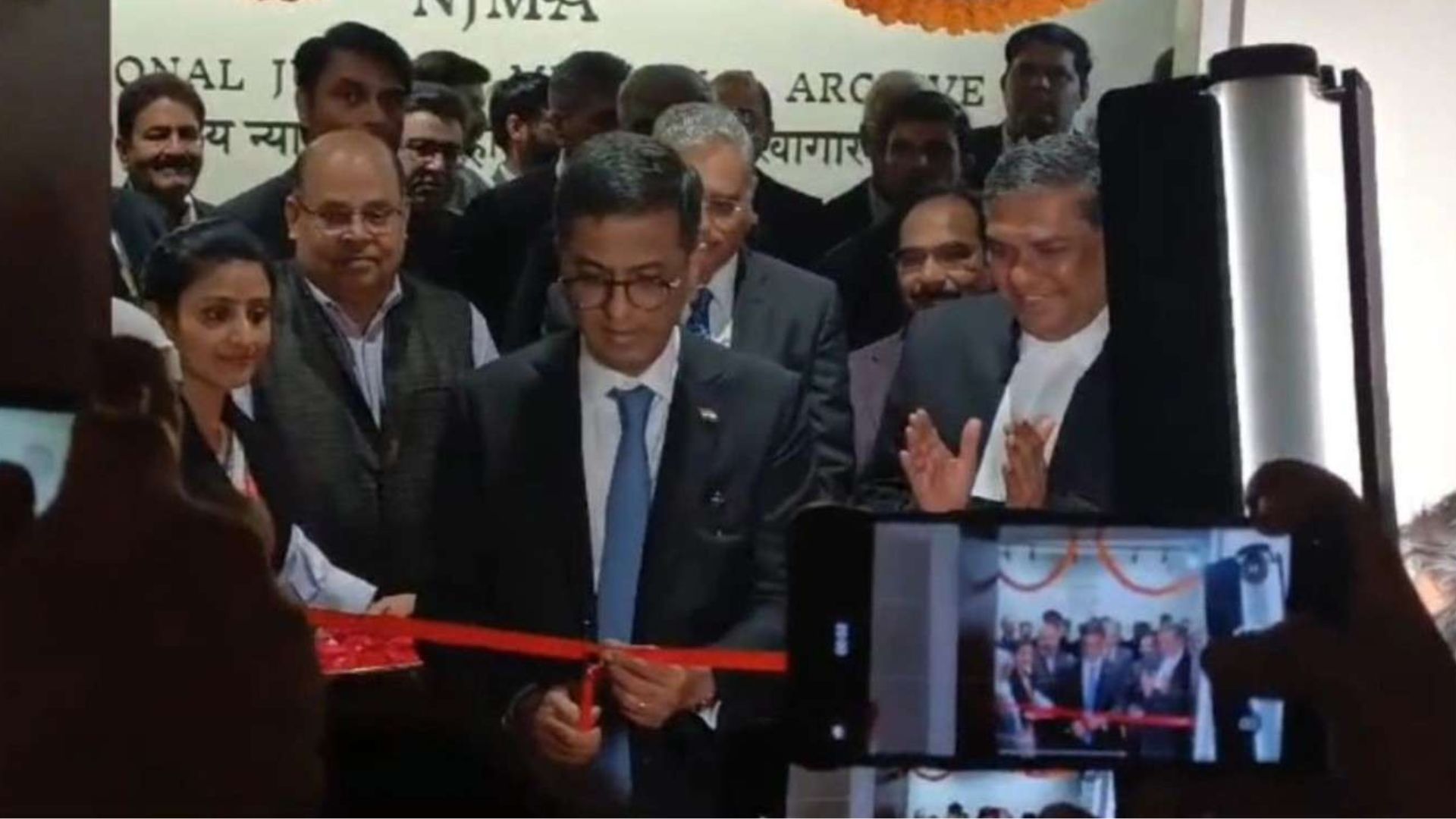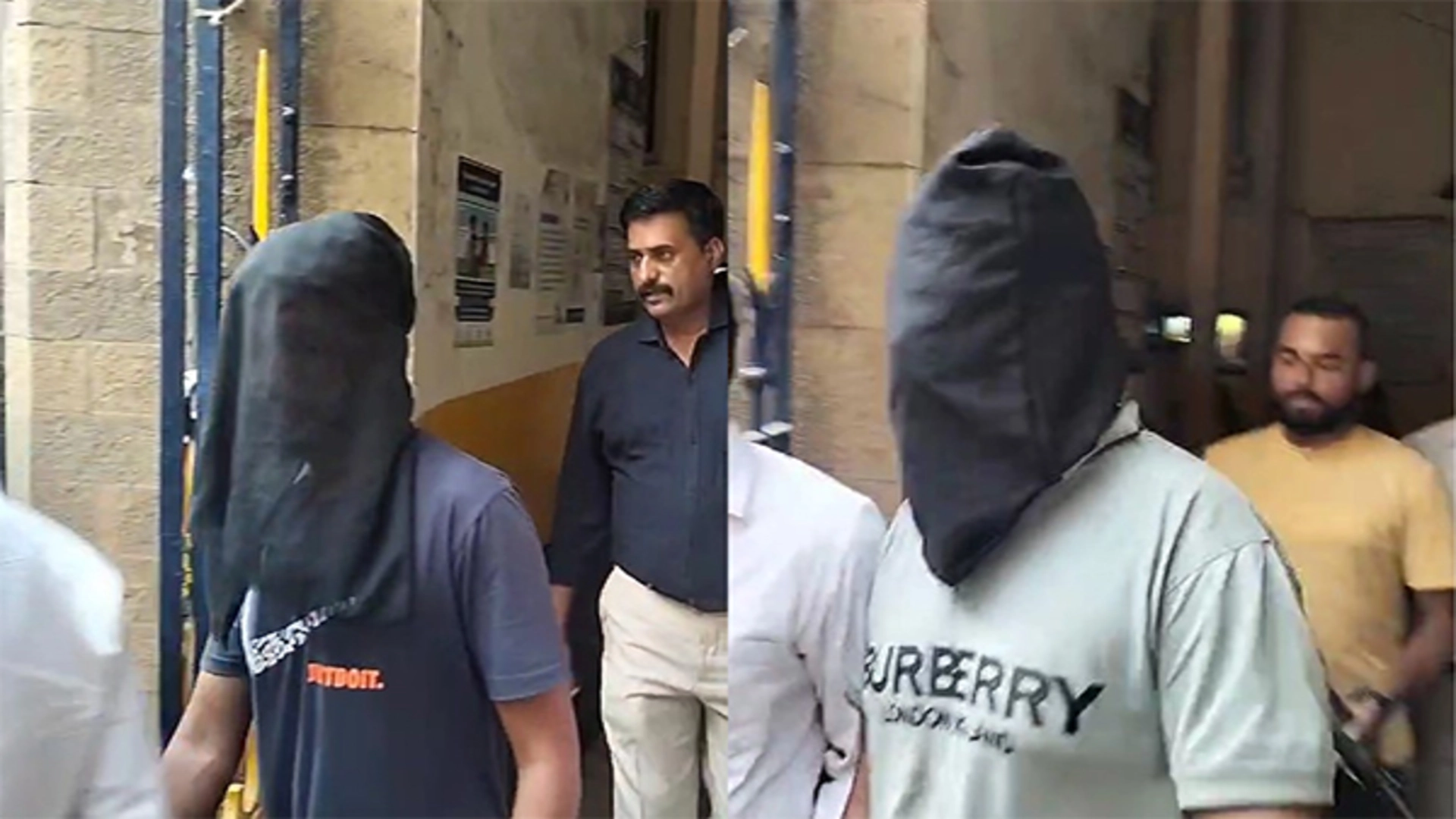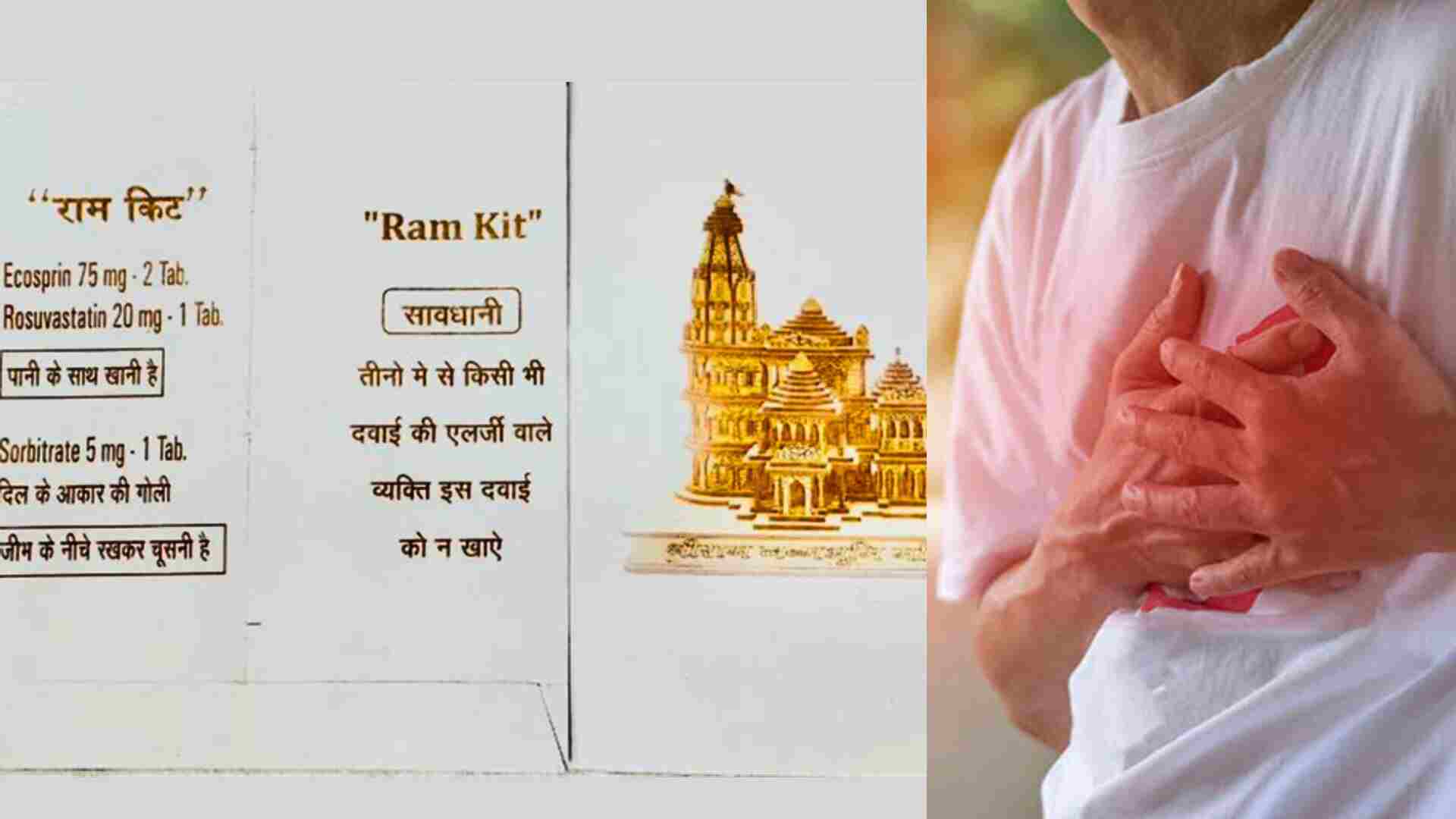
The power to make decisions helps us to integrate our values and principles into a sustainable framework for living. Often it is asked, ‘what do I need to trust when making decisions?’ There are two elements to base decisions on. One is the facts, that is, the human state of affairs, and the other is our core instincts, or in other words the conscience. We need both to make a decision, but if one were to win, it would have to be the human conscience.
It is also important to understand that there is no such thing as a ‘right’ decision. A decision is an act. We have to keep performing small acts to reach the aim or destination we want. The aim opens up a pathway, so it is important.
For example, a satnav device will not give me any directions unless I key in the destination I am travelling to. If I take a wrong turn on the way, the satnav will recalculate the route and bring me back on track. It is alright if I go left instead of right, and then realise that I have gone the wrong way, because I can turn around and go back in the right direction.
Many people get paralysed about making the ‘right’ decision. This depletes our energy, and we end up doing nothing and avoid making the decisions we need to make, and we feel ‘stuck’.
We also need to remember that decision-making is not simply problem-solving. Problems may simply be predicaments. Using spirituality to make a decision means we look at what needs to be empowered and what needs to grow within the self and others in the situation.
For this we need to carefully check the quality of our thoughts before we make those decisions. There are four categories of thought.
1. Negative thoughts come fast and flood the mind, draining us of energy. They need a ‘No Entry’ sign in our minds.
2. Waste thoughts of unnecessary worry and doubt, letting our imagination wander. They become a burden and we lose focus.
3. Ordinary thoughts connected to our everyday role and duties. We know what we have to do, so just do it and not overthink it, otherwise balance is lost.
4. Good and positive thoughts come slowly, in ones or twos. When we have a good wish or a pure thought for someone or a situation, we feel enriched and content inside.
We can tell how powerful our decisions will be by checking the amount of time we spend in each category of thought. Ultimately, the key word in making a decision is benevolence. Decisions should be benevolent for the self and others, and this is only possible when we spend a great deal of time having good and positive thoughts for the self, others and the situations we find ourselves in.
Meditation helps decision-making at a very deep level. First of all, it heals the soul, and then it has access to the very core of peace and truth inside us. It also creates stillness for discernment to become clearer, which is the basis of making a decision. That is why thousands of people across the world meditate every day.
The image of weighing scales is a pertinent one when we talk about the power of making decisions. Scales do not work well because of what is being balanced, but by the still, correct setting of the centre point. Meditation helps us to return to the centre of who we are, and at the same time the healing quietens something inside the soul, and it becomes filled with peace and love, with God’s power, and each decision is powerful and takes us to our destination, step by step.
Gopi Patel is a spiritual educator and senior Rajyogi meditator with the Brahma Kumaris, specialising in spiritual pragmatism in all areas of life.














